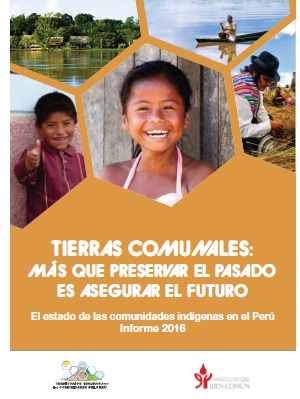Documentos del comité de la FAO de desarrollo forestal en los trópicos - extractos - Ordenación y utilización del bosque tropical húmedo
Este nmero especial de Unasylva tiene dos objetivos principales. Pone a disposicin de nuestros lectores una seleccin de algunos de los trabajos presentados en el importante Cuarto perodo de sesiones del Comit de Desarrollo Forestal en los Trpicos, de la FAO y, de esta manera, pone de relieve la principal preocupacin de la Organizacin en materia forestal: cul es la mejor manera y la ms adecuada para el hombre de utilizar la formacin ecolgica menos conocida, es decir, los bosques tropicales hmedos.



